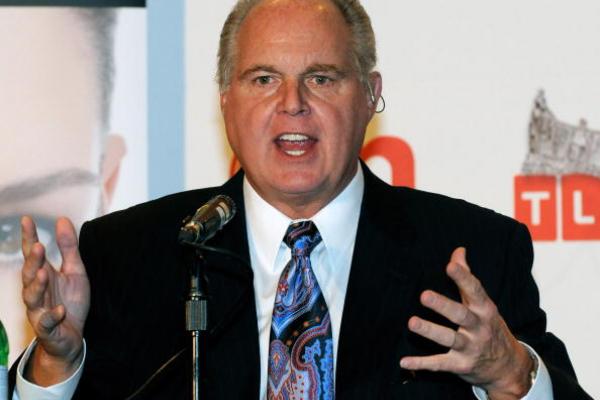In an apparent bid to add an erudite contribution to our public discourse, Rush Limbaugh called a Georgetown law student a "slut" and a "prostitute" for testifying before Congress in favor of the Obama administration's mandate that employers cover contraception in their health insurance plans.
After a considerable public outcry, a number of sponsors have abandoned Limbaugh, causing him to issue what resembled a public apology. But Limbaugh also heard more than a few "amens" from people who considered difference of opinion a sufficient justification for publicly defaming the young woman.
Maybe I'm expecting way too much from talk radio, but don't we deserve better from our public discourse?
At the heart of this debate over contraception is a conflict between religious rights and social obligation -- one we've had to navigate numerous times in our nation's history.
It's never been easy for us to determine the boundaries between individual right to unencumbered belief and competing responsibility to civic need. But it certainly doesn't help us work through the difficulties when pundits resort to name-calling and complexities are dissolved into bumper-sticker sound bites.
To talk carefully about this tough issue requires that we take seriously the claim from some Catholics that a requirement to finance contraception represents a fundamental violation of convictions about when life begins and what makes sex a moral good. Yet we also need to take just as seriously the moral value that others place on the right of access to basic health services, and the public good that comes from including contraception in our definition of basic health care.
Read the Full Article

